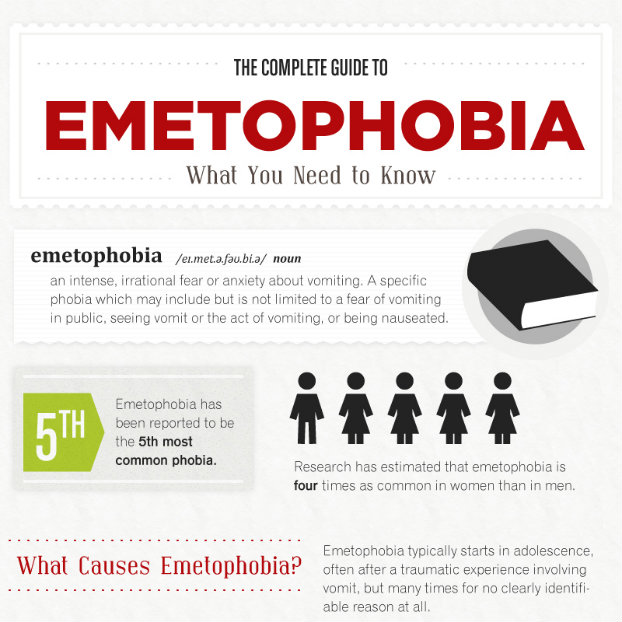Obsessive-Compulsive Disorder (typically referred to as “OCD”) is an anxiety disorder. According to the International OCD Foundation site, around two or three million adults in the US currently have OCD.
Most people are somewhat familiar with OCD from television or literature. Some people may have even met someone at work or school who had the condition.
OCD makes people feel constantly anxious about negative possibilities. People who have OCD worry excessively about disaster striking them or their loved ones. They usually develop strange, repetitive habits that can also be distracting or harmful to their daily life.
For example, in some people the worry is centered on illness or disease. Fears related to being sick can cause people with OCD to wash their hands over and over again or to avoid going to everyday places that may be “contaminated” (e.g., a grocery store or a public restroom).
Separation anxiety disorder, which can develop in older children, can be quite similar to OCD in some ways. An article by Mroczkowski et al. (2011) explores the link between separation anxiety disorder (SAD) and OCD in more detail. They explain that, for example, both anxiety conditions can be linked to a fear for the safety or health of loved ones or “ritualistic behaviors surrounding [their…] worries.”
The authors also note that people who have OCD often have other conditions related to anxiety, mood, or depression.
One important finding from the article is that people with OCD may be more likely than others to have had separation anxiety disorder as children. Additionally, people who had separation anxiety disorder in the study “were significantly younger than [the other OCD sufferers” and “had an earlier age of onset of OCD symptoms.” The mean age of onset of OCD for people who had a history of SAD was found to be 8; the mean age of onset of OCD for people without SAD was 10.5.
The research gained from the 2011 study may help mental health workers to better predict who is at risk for OCD. It may also help them to grow more successful at treating people with OCD who have struggled with separation anxiety at a younger age. It may be that OCD sufferers who have had separation anxiety disorder benefit more from a slightly different treatment plan. Future research on OCD and co-existing or pre-existing anxiety disorders may help to answer these questions.
Photo Credit: Mira Culeuse via Compfight cc





